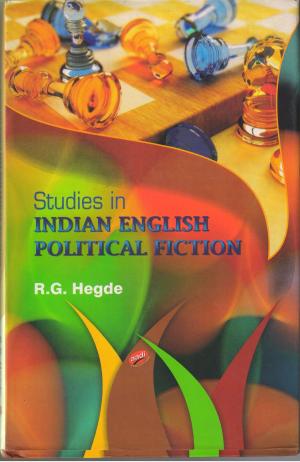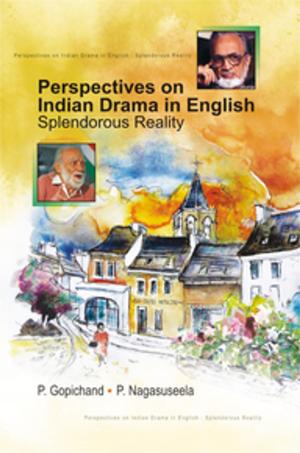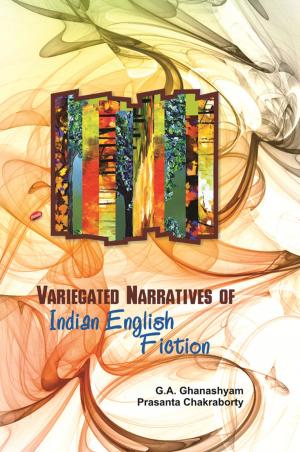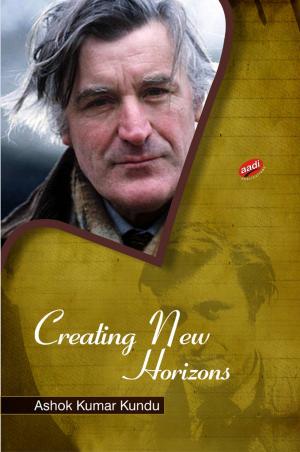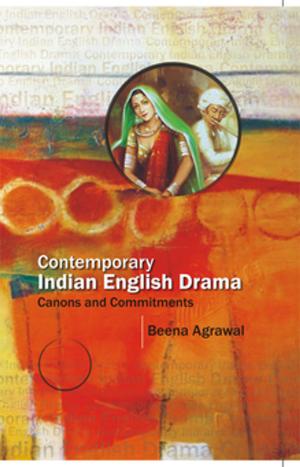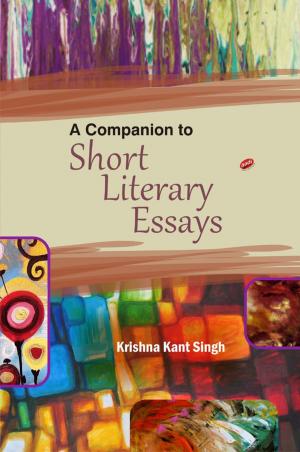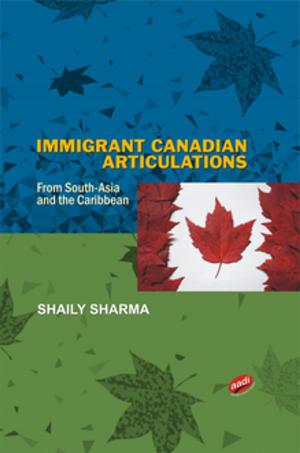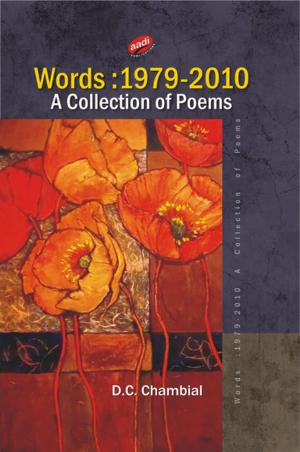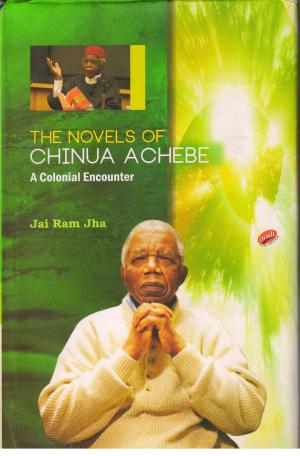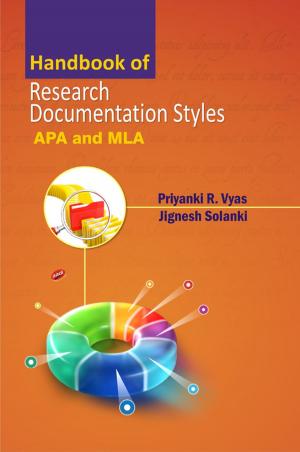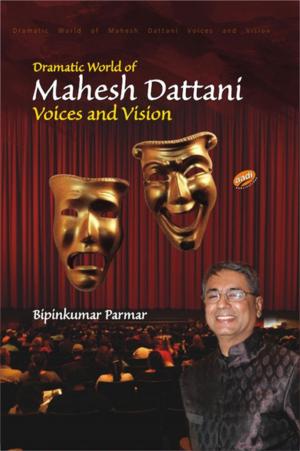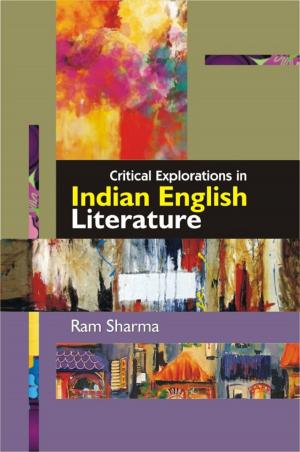Ruth Prawer Jhabvala as a Novelist
A Postcolonial Study
Fiction & Literature, Literary Theory & Criticism, Asian, South & Southeast Asian| Author: | Sumita Ashri | ISBN: | 9789385484513 |
| Publisher: | Aadi Publications | Publication: | June 30, 2010 |
| Imprint: | Aadi Publications | Language: | English |
| Author: | Sumita Ashri |
| ISBN: | 9789385484513 |
| Publisher: | Aadi Publications |
| Publication: | June 30, 2010 |
| Imprint: | Aadi Publications |
| Language: | English |
Ruth Prawer Jhabvala is a novelist of unequalled insight, grace and emotional power. Born in Germany and educated in London, Jhabvala married an Indian architect Jhabvala and lived in India for twenty four years from 1951 upto 1975. In each of her novels there is a mixed feeling of affection and impatience for her second home, besides an intimate knowledge of the lives of both Indian and European people. Her career as a novelist reached its zenith with the publication of Heat and Dust (1975), which shot her instantly into the main stream of the world of fiction. She won Booker Prize for this book in 1975; and in 1984 BAFTA award was given for the Best Screenplay for adaptation of Heat and Dust. Besides, she was also nominated for Oscar prize in 1994. This book-'Ruth Prawer Jhabvala: A Postcolonial Study' represents a new and fascinating strand in her outstanding canon of work: as she puts it, the 'potentially autobiographical' but patently topical. Behind her poised, eloquent prose Ruth Prawer Jhabvala deftly tussles with the existential question of how destiny is shaped. There is a deep penetration and multi-pronged analysis of the variegated facets of the life and living of the people of India as well as the people both from Europe and America, as perceived and experienced by the novelist after her marriage. Despite her being a European, Ruth Jhabvala succeeds in capturing the soul and spirit of India in all its manifestations and revelations so as to achieve a balanced and objective hue and view of its socio-cultural, psycho-emotional and economic dimensions. In short, the book makes an interesting and captivating Postcolonial exploration and account of the variegated spectrum of society, but in no way merely laudatory. It also dwells on some of the glaring weaknesses and coloured observations of the novelist, thereby providing a useful insight into the merits and demerits of Jhabvala as a novelist. In other words, this book will be relevantly insightful and useful for the teachers, students and the scholars of literature in general and Ruth Jhabvala in particular.
Ruth Prawer Jhabvala is a novelist of unequalled insight, grace and emotional power. Born in Germany and educated in London, Jhabvala married an Indian architect Jhabvala and lived in India for twenty four years from 1951 upto 1975. In each of her novels there is a mixed feeling of affection and impatience for her second home, besides an intimate knowledge of the lives of both Indian and European people. Her career as a novelist reached its zenith with the publication of Heat and Dust (1975), which shot her instantly into the main stream of the world of fiction. She won Booker Prize for this book in 1975; and in 1984 BAFTA award was given for the Best Screenplay for adaptation of Heat and Dust. Besides, she was also nominated for Oscar prize in 1994. This book-'Ruth Prawer Jhabvala: A Postcolonial Study' represents a new and fascinating strand in her outstanding canon of work: as she puts it, the 'potentially autobiographical' but patently topical. Behind her poised, eloquent prose Ruth Prawer Jhabvala deftly tussles with the existential question of how destiny is shaped. There is a deep penetration and multi-pronged analysis of the variegated facets of the life and living of the people of India as well as the people both from Europe and America, as perceived and experienced by the novelist after her marriage. Despite her being a European, Ruth Jhabvala succeeds in capturing the soul and spirit of India in all its manifestations and revelations so as to achieve a balanced and objective hue and view of its socio-cultural, psycho-emotional and economic dimensions. In short, the book makes an interesting and captivating Postcolonial exploration and account of the variegated spectrum of society, but in no way merely laudatory. It also dwells on some of the glaring weaknesses and coloured observations of the novelist, thereby providing a useful insight into the merits and demerits of Jhabvala as a novelist. In other words, this book will be relevantly insightful and useful for the teachers, students and the scholars of literature in general and Ruth Jhabvala in particular.

